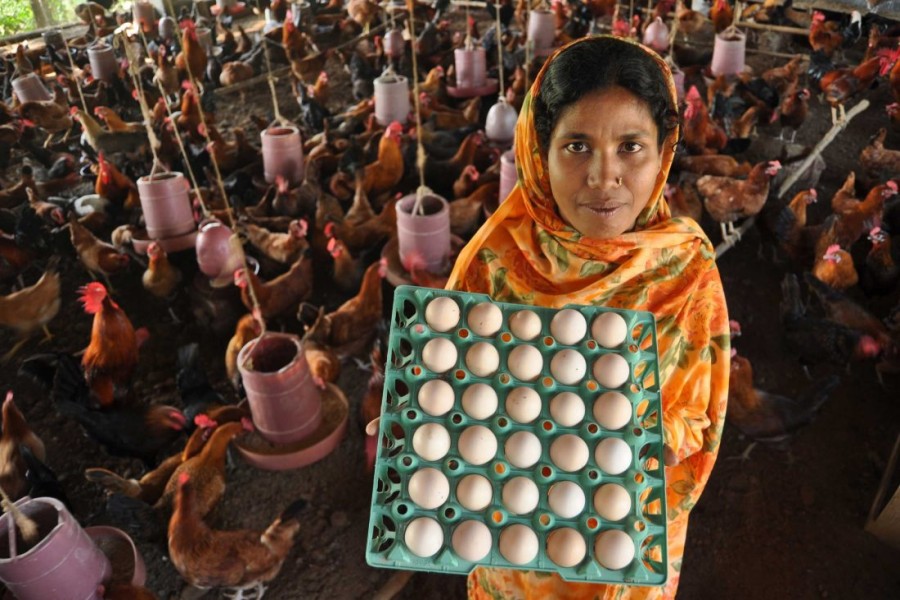It is heartening to learn that the government is going to undertake a Tk4.28 billion project to create opportunities for women entrepreneurship, which in turn is likely to open up avenues for increased employment for women. At a time when the pandemic has ravaged businesses, particularly small businesses of all kinds, those run by women are facing even more difficulties. The impact is not only on earnings from businesses, but equally importantly, on job security that in many cases has resulted in drastic job cuts all over the country. As reports say, the project to be implemented over a period of five years by Jatiyo Mohila Sangstha, a women welfare organisation under the women and children affairs ministry, aims at building entrepreneurial capacity of more than two hundred fifty thousand disadvantaged women to make them self-employed as well as creating employment opportunities for others.
The important aspect of the project is its focus on making jobless and disadvantaged women self-dependent with required skills and resources to run income generating activities. Obviously, training will be the major component of the project to start with, and then it will be the facilitations through consultancy services, grants and soft credit to help those women sustain whatever income generating activities they are in. In this context, it may be relevant to mention that the project implementing body would need to be innovative in that it should not confine training activities to areas that are commonly perceived to suit women, such as the traditional quilt making, or cane basket making and so on. It is here that they need to work out plans keeping in view the geographic location, marketing avenues of products made, and indeed the need for those products and services. Equally important here is to know the knack and aptitude of the target groups which are likely to vary from place to place.
According to reports, the project will be implemented through 80 centres in Dhaka North and South city corporations and 78 upazilas in 64 districts. The project plan provides for setting up training centres at the upazila level and in remote areas rather than concentrating them at the district level. Understandably, this will require trainers from various disciplines who, besides being well versed in their respective areas, should be well informed about potential business or income generating ventures in different locations. Teaming up with non-government organisations having expertise in location-specific and work-specific income generation in rural and semi-rural areas may be found useful.
No doubt, the women entrepreneurship project is a timely move but in order to make it really useful, mere training will not help. What is equally important is the role of post-training activities to make the training return-worthy, and that can only be done if the project plan envisages follow-up actions including close monitoring of the activities/businesses taken up by the target groups. One hopes that the project succeeds, and does not falter like many similar government programmes meant for uplift of disadvantaged groups.


